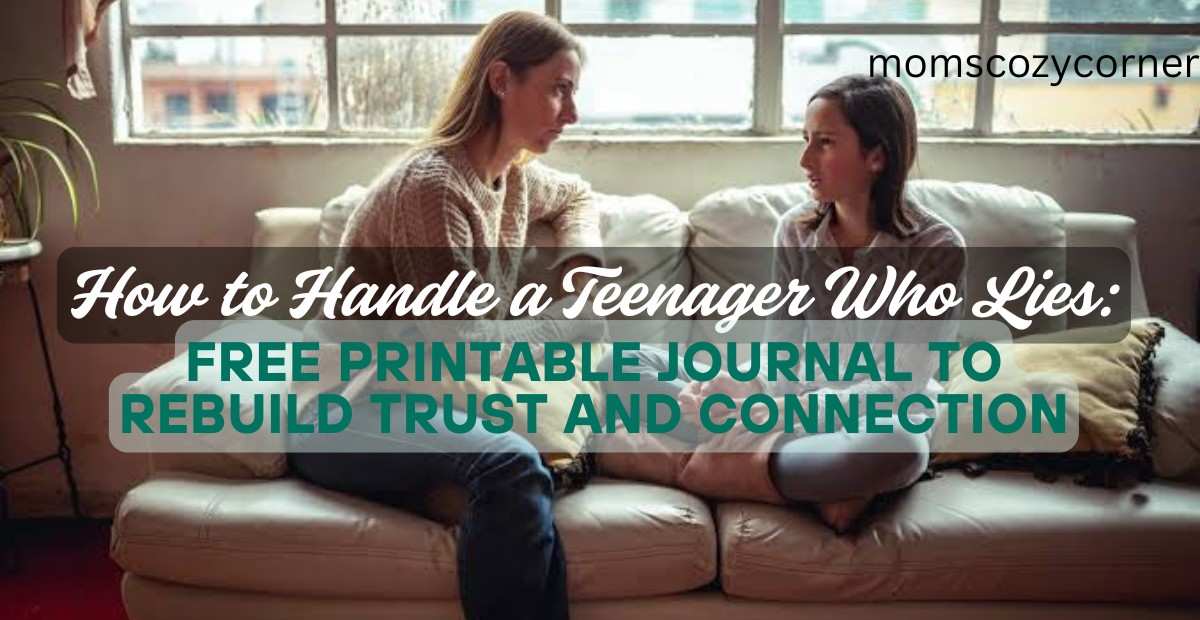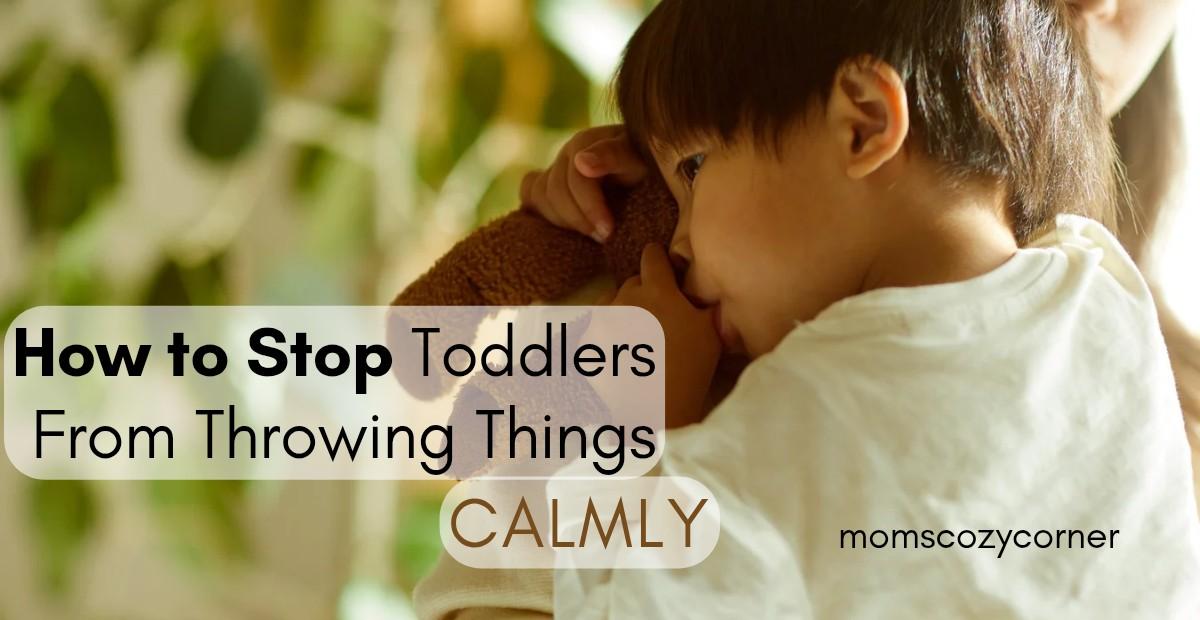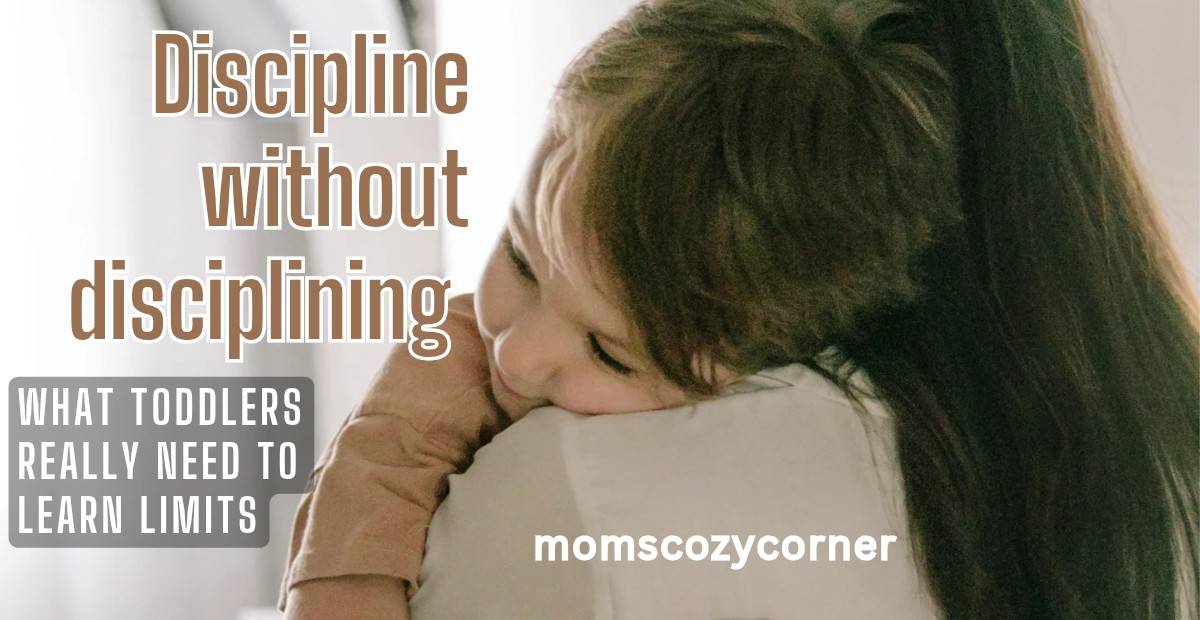How to Handle a Teenager Who Lies with Love
Introduction
I’m not a parent of a teen yet, but I’ve heard enough from other moms to know this phase is challenging. Molding values and building trust is easier when they’re young—when we were their whole world. But as their social circle grows, our influence may fade. That complicates things, especially when you’re trying to handle a teenager who lies. Still, it’s possible. If you’re reading this, you’re already open to change—and that’s a powerful first step.

Why Do Teens Lie?
Before accusing your teen of “lying,” stop and think. Ask yourself honestly: What would you have done if they said the truth?
Even now, I recollect bunking tuition just to hang out with a friend; even now, my parents have no clue. Why? I was scared of the punishment, so. I did not want to lose their trust or liberty. Often lying seems to them to be safer besides facing our reaction.
Fear of Punishment or Judgment
Most teens make false statements because they fear our response. Will we yell? Take away their phone? Give them a lecture? They take the path of convenience—lying—if the cost of honesty is too high.
Desire for Independence
Teens are discovering who they are. They love to feel all that “grown up,” even if they do not yet have all that age actually requires. They believe they know what is right and wrong for them. So, when they lie about skipping homework or going somewhere, sometimes it’s because they no longer feel compelled to report everything anymore.
Peer Pressure and to Be a Belonger
The lie is sometimes not even what is in their mind. They do something because “everyone is doing it” and then cover up. A mom from Dallas, Texas, even e-mailed me about her daughter getting pregnant. Here the girl later confessed that she felt pressure: “Everyone has a boyfriend; everyone dates.” The desire to belong can lead teens to lie about what they’re doing or with whom they are.
Avoiding Disappointment
Teens care a lot about how we view them, even if they try to act like they don’t. Some lie not to escape punishment but to avoid seeing that tone of disappointment on our faces. They don’t want to disappoint us. Rather, they lie instead of admitting how they failed a test or what they forgot about their assignments.
Check Your Reaction First
Stay calm.
Before you panic over your teen’s lie and take action, pull back. How are you reacting? Frequently, we immediately express anger, scold them, or guilt-trip them, not really because we want to hurt them, but because that’s what we’ve learned. And when trying to handle a teenager who lies, that knee-jerk reaction can do more harm than good.
But the thing that we are trying to do now is different—we are breaking that cycle. And yes, it’s hard. To write it down is one thing. Happening that actually, in the moment? Way tougher. But whenever you hold back instead of exploding, you rewrite the parenting script for the next generation. The beauty? Your children will one day make good moms and dads when calm and caring responses are second nature to them—because you modeled it.
Also keep in mind this—that a lot of teens experience a profound shame when we catch them in a lie and then confront them with harsh labels. That moment may seem so insignificant to us, yet to them it can become a stab they carry for years silently. Isn’t it enough to read in books that we should all be good role models and do our best to be that role model? Don’t we really want our kids to grow up holding a painful memory that we called them a “liar” or compared them to someone else? Of course not.
- So, breathe deep before reacting.
- No scolding.
- No putting tags (“You’re such a liar!”).
- Nothing to compare (“Why can’t you be like your cousin?”).
Simply stop, listen, and choose love instead of control.
So, how should you react?
I can already imagine what you are thinking then: “Then what do I do? Just not giving it a damn like nothing occurred?” No, that would have been another fallacy.
First, provide a gentle reminder that you’re informed of the truth. Then, before them, take a cool tone and add that you are ready to listen whenever they feel they are ready to speak. Let them know that you won’t judge or shame them or throw it back at them later, and, let me tell you, you won’t talk about it with anyone else. This approach is one of the most effective ways to handle a teenager who lies with empathy and trust.
And here’s the big one: Don’t lecture.
Many teens just shut down the second they hear a lecture. Let the silence be comfortable, not awkward.
If your teen decides to open up, fantastic—keep it flowing with peaceful curiosity. But if they just shut up, wait. This delay may be due to so many reasons: their personality, any bad experience in the past with you or another person, or their need to prove they are not lying. Let them come to you at their own time.
And if it’s over a day and they haven’t said a thing, elicit it with kindness. A gentle reminder, not an argument (a confrontation).You don’t chase a confession—you build a bridge.
Develop Trust—Before You Expect Honesty
Okay, let’s be honest, I guess we all open up only to people that we trust and feel safe with, don’t we? Your teen is no different. They’ll find their way to you when they know you won’t judge, explode, or dismiss them about their feelings. But such a kind of trust is not miraculously achieved. It starts with you.
Below are some easy methods of creating that safety:
1. Go for a walk together once a week—as a pair. Explore around your block or get to a quiet place. No pressure. Just talk. Let the silence be okay. Such one-on-one time softly melts their hesitation and opens a passage for a connection.
2. Tell your own stories not only about your teenage years but even little things of your day. Make them realize you are human too. Vulnerability buys you trust quicker than being “always right.”
3. Unplug about your teenage mistakes—play down the wrong choices you made at the time and how you learned from them, if that’s what feels right. Tell them there are no wrong answers; the only wrong answer is to not try. They’ll discover that they can reach you, even when they mess up.
4. Build emotional safety into your marriage. A calm, supportive, and respectful relationship with your partner brings a peaceful ambiance to your home. Kids pick up on that. They experience the love, the team effort, and the security—and they start trusting deeper. And when you’re trying to handle a teenager who lies, that emotional stability becomes even more essential.
A solid marriage doesn’t just benefit you; it helps your children feel home is a safe place to be real.
5. Never speak ill of them in front of others, including your partner, if your teen is around. This one hurts more than we can imagine. Even if you complain about their behavior in a casual way, when they hear it, it erodes trust. It makes them become victimized, exposed, and unsafe.
Rather, put the spotlight on their good sides, how they watered the plants without being told, how they’re grinding it out in sports, or how they’ve been smart with money. When you see and say the good, you reinforce its frequency—and you demonstrate to them they’re safe in your love.
6. Be honest in your own life. When your teen witnesses you lying—even in regard to something small—they come to learn that honesty is optional. One mom from Minneapolis, Minnesota used to admit that her daughter lied about trivial things. When she accused her, the girl said, “Dad also lies sometimes, so why can’t I?”
On that night, Mom had a sit-down with her husband. He started being more careful about what he did, and gradually their daughter started getting better too.
Consequences, Not Punishment
Now, simply because we’re working from within understanding and connection doesn’t mean there can’t be consequences. In fact, consequences are a must—they just need to be fair, obvious, and respectful.
Punishment, especially severe and unpredictable, doesn’t teach the right lesson for teens. It typically merely instructs them on how to lie even more the next time—making it harder to handle a teenager who lies in a healthy, constructive way.
But natural consequences teach teens to associate their actions with their practical outcomes. For instance, we all know that when we skip brushing, we end up with cavities—straightforward, isn’t it?
Therefore, if your teen fails to do homework, the repercussions can include the teenager not able to use their phone until the task is complete.
But here’s the key: Make a calm take back of the phone, respectfully, with clear communication. Say something around, “You didn’t do your homework the way we decided, so I will keep your phone for now. You can claim it back once it’s done.”
Make that boundary and do not break it. Stay put even if they throw anger at you or call you names or try emotional warfare to recover it. They’re testing the boundary. Stay calm. Stay firm. And you know what?
You’ll see progress sooner than you are likely to, believe it or not.

Teach Responsibility and Accountability
Developing accountablity in your teen isn’t about correcting mistakes it’s about shaping their internal compass. There is a wonderful way of achieving this through stories.
If your teen is a book lover, shower them with a book you believe will breed the traits that you would like to encourage — whether it is honesty, or resilience, or self-control. If entertainments, watch a movie together that intermingles those same values among others.
But don’t stop there. Talk about the characters later on. Speak about what the characters did correct, where they went wrong and what they should’ve done differently. Such a casual, sincere talk makes a lasting impression — much more than a serious lecture would ever do.
It’s not about preaching; it’s about guiding. Often a well-placed story says more than a hundred rules.
When to Seek Professional Help
Sometimes, and no matter how much love, effort, or understanding we pour into something, we feel off. If all the signs (lying, anxiety, depression, withdrawal) appear increasingly often or their behavior begins to affect the school, sleep, and relationships of your teen—you can always ask for help.
It doesn’t mean that you are a failure as a parent. In fact it demonstrates the extent to which you care. Just as we take our kids to the doctor when fever becomes too much to bear, seeking advice from a family counselor or teen therapist is healthy when emotional things become too difficult to bear on one’s own.
The most important thing is that your teen gets the help they need—because sometimes problems are deeper than the usual talk can fix, and well, that is okay. You’re still their safe place. You’re just handing an expert an opportunity to help when required.
Final Thoughts
You don’t have to know everything about the life of your teen, and you shouldn’t compel them to tell everything. What is really needed is that they should realize that they can come to you without fear or second thought when it matters. To handle a teenager who lies, give them space where they need it and be their safe place when they need you the most.
How to Use This Printable Journal
This is a printable journal to help reflect, connect with trust and love, and gently guide your teen. Made just for you…
You can print each page according to your needs, weekly or even monthly time frames for more intense reflection. There aren’t really any right ways to use it; there are just ways. Just pick what feels right and get going at your pace.




